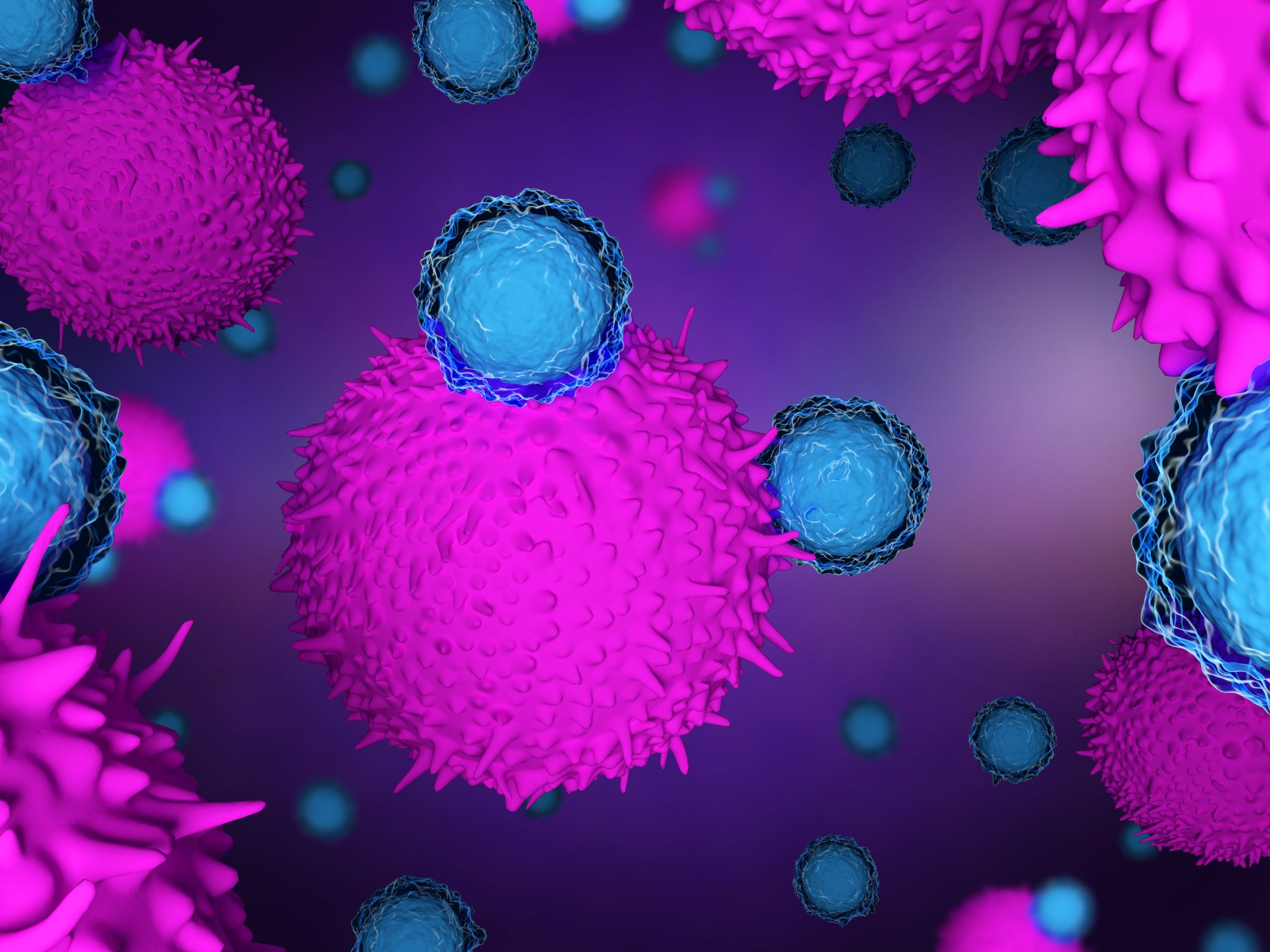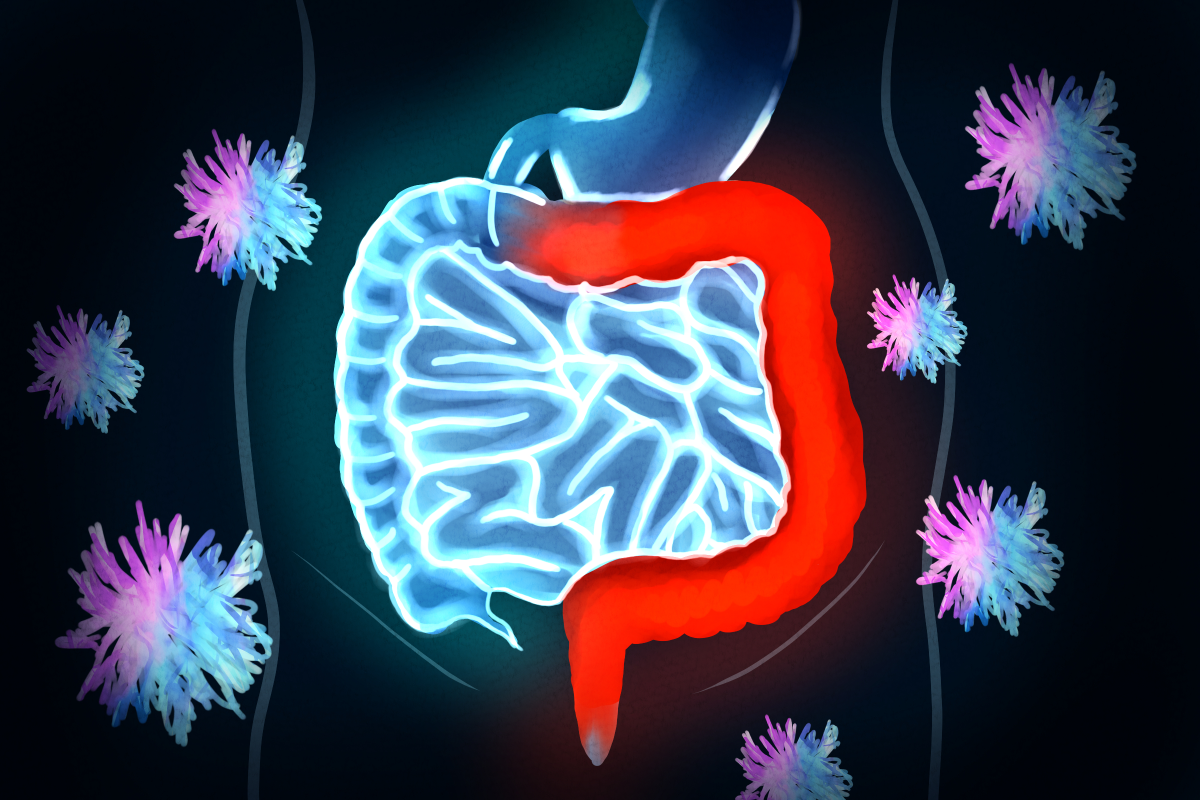Researchers at the University of Michigan Health Rogel Cancer Center have pinpointed a mechanism responsible for severe gastrointestinal issues associated with immune-based cancer therapies.
Moreover, they have devised a method to harness the cancer-fighting benefits of immunotherapy while mitigating these problematic side effects.
Their findings, detailed in Science, highlight a significant breakthrough in oncological treatment strategies.
“This is a prime example of how uncovering a mechanism can lead to the development of alternative therapies that offer greater benefits.
Once we identified the mechanism behind colitis, we were able to devise strategies to circumvent this issue and prevent colitis while preserving the therapy’s anti-tumor efficacy,” explained senior study author Gabriel Nunez, M.D., Paul de Kruif Professor of Pathology at Michigan Medicine.
Immunotherapy has emerged as a promising approach for various cancers. However, immune checkpoint inhibitors can trigger severe side effects, including colitis, characterized by inflammation in the digestive tract.
This condition often causes considerable gastrointestinal discomfort, prompting some patients to discontinue their cancer treatment.
The challenge for researchers was that laboratory mice did not develop colitis, unlike human patients. To address this disparity, the Rogel team, led by first author Bernard C. Lo, Ph.D., devised a novel mouse model.
They introduced microbiota from wild-caught mice into the traditional mouse model, which successfully induced colitis following administration of antibodies used in tumor immunotherapy.

This innovative approach enabled researchers to dissect the underlying mechanism responsible for the adverse reaction.
The team discovered that colitis stemmed from alterations in gut microbiota composition, which led to hyper-activation of immune T cells and depletion of regulatory T cells responsible for controlling T cell activation in the gut.
Crucially, these changes were linked to a specific domain of the immune checkpoint antibodies.
By targeting and removing this domain, researchers observed a robust anti-tumor response in mice without inducing colitis.
“Previously, there were indications that certain bacteria might influence therapy response, but the role of microbiota in colitis development from immune checkpoint inhibitors had not been definitively established until now.
This study demonstrates for the first time the essential role of microbiota in triggering colitis during immune checkpoint inhibition,” Nunez emphasized.
Building on their findings in mice, researchers re-examined existing data from studies involving human cells treated with immune checkpoint antibodies. This analysis underscored the critical role of regulatory T cells in initiating colitis.
The antibody employed to counteract colitis was developed by Takeda Pharmaceuticals.
Moving forward, the Rogel team plans to conduct further investigations to deepen their understanding of the mechanisms underlying colitis.
They also aim to collaborate with clinical partners to advance this knowledge into clinical trials, potentially revolutionizing cancer treatment paradigms.
